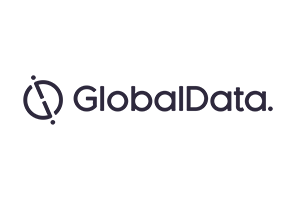In May 2017, Otsuka and Lundbeck announced the top-line results from two Phase III clinical trials that tested their second-generation antipsychotic treatment, brexipiprazole (Rexulti), in a total of approximately 700 patients with Alzheimer's-type dementia. The FDA-approved schizophrenia drug is being studied for treatment of agitation associated with Alzheimer's disease (AD), and both studies successfully supported this treatment benefit. However, there was variability in the data from the two studies, leaving Lundbeck and Otsuka in a precarious position.
The first study showed a strong separation between 2mg of brexipiprazole from placebo in the primary endpoint, Cohen-Mansfield Agitation Inventory (CMAI), a measure of agitation (p < 0.05). In contrast, the second study showed a less robust improvement in CMAI (p > 0.05). Moreover, data from different study sites varied largely. Both studies were carried out in multiple countries in North America and Europe, as well as in Russia, and countries reported different degrees of drug-placebo difference with Russian sites showing especially poor separation (p > 0.05). Otsuka and Lundbeck stated that this was likely to be due to different standards of care rather than the quality of the drug. However, the question that remains is: have these trials shown enough evidence for brexipiprazole to be approved?
Lundbeck and Otsuka have not released detailed data from the studies, which makes the answer difficult to predict. Agitation, which can present as restlessness to aggressive behavior, affects 50% or more of AD patients, constituting millions of people worldwide. Considering the huge unmet need and continuous failures in this field for the last 15 years, regulators are likely to be somewhat flexible, but their decisions are likely to rest heavily on the drug’s safety profiles in the AD population. Safety is an important consideration, particularly for antipsychotics that often come with black-box warnings. However, huge opportunities remain for symptomatic AD treatments like brexipiprazole, as approved drugs are likely to generate substantial sales if they can demonstrate efficacy.
Related Reports
GlobalData (2017). PharmaPoint: Alzheimer’s Disease – Global Drug Forecasts and Market Analysis to 2026, to be published

US Tariffs are shifting - will you react or anticipate?
Don’t let policy changes catch you off guard. Stay proactive with real-time data and expert analysis.
By GlobalData



